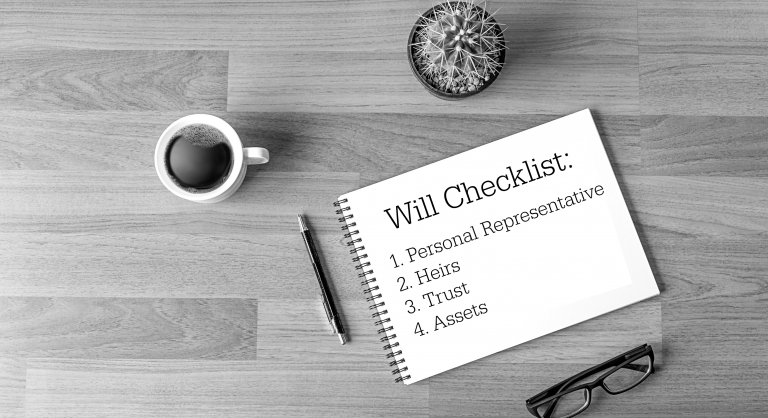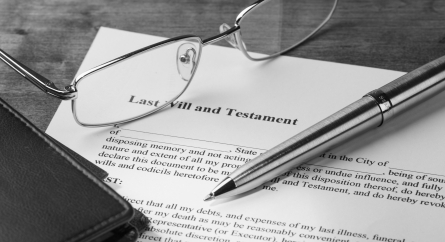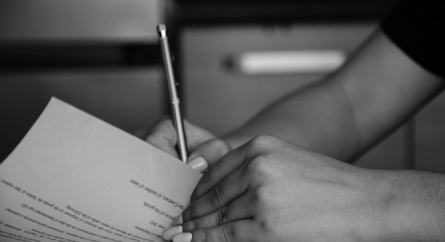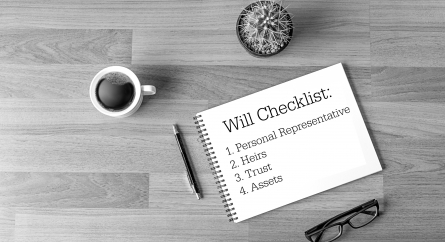What Happens if I Die Without a Valid Will in Massachusetts?
As estate planning attorneys, a question that often arises with new and prospective clients is, “What happens if I die without a will?” The short answer is this: if you die without a valid will in Massachusetts, state law will create one for you. When a person dies without a will, they are said to have died “intestate.”
Massachusetts General Laws Chapter 190B, Article II, Section 2-102 outlines who among your family will inherit your probate property if you die intestate. A handy reference chart, summarizing the statute, can be found below.
| Surviving Family Members | Who Gets What |
| Parents, but no surviving spouse or descendants | 100% to your parents |
| No surviving spouse, but surviving children | 100% equally split among your children |
| Spouse but no surviving descendants or parents | 100% to your spouse |
| Surviving descendants and surviving spouse where all surviving descendants are also descendants of the surviving spouse | 100% to your spouse |
| Spouse and parents, but no descendants | Spouse inherits first $200,000, plus ¾ of the balance, the remainder goes to your parents |
| Descendants who are all surviving spouse’s descendants, but said spouse has one or more surviving descendants who are not your descendants OR one or more of your descendants are not descendants of surviving spouse | Spouse inherits first $100,000, plus ½ of balance, remainder split equally among your children |
If you die intestate, you effectively give up the right to decide what happens to your estate assets. You also give up the right to decide who oversees the probate as Personal Representative (formerly known as Executor) of your estate. If these decisions matter to you, the only way to ensure that you get to make them is to make sure you do not die intestate.
Don’t have a will? Contact us today to get your estate planning process underway.
Tagged In: estate planning, heirs, inheritance, intestate, personal representative, probate property











